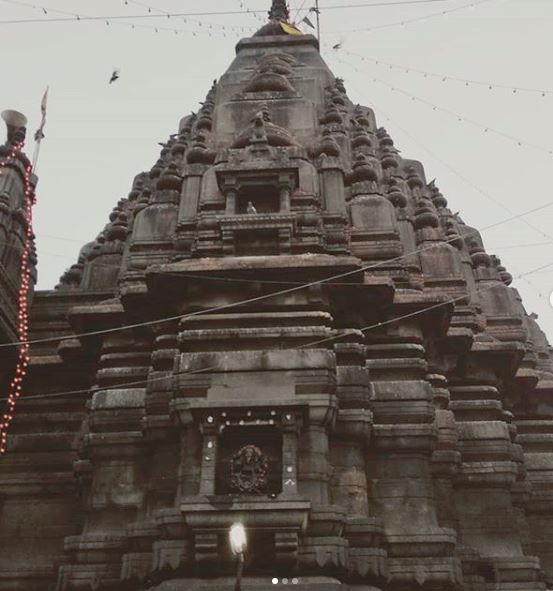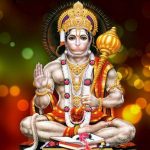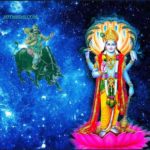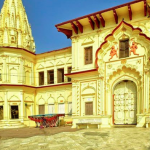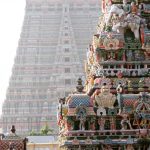Are you planning a pilgrimage to Parihara temples in India? Are you here to marvel at the oldest and historically important places in India? Do you want to ensure that the souls of your loved ones rest in peace forever? Do you want to visit the most renowned Vishnu temple in India? If yes, then Vishnupad Mandir Gaya is your ultimate destination.
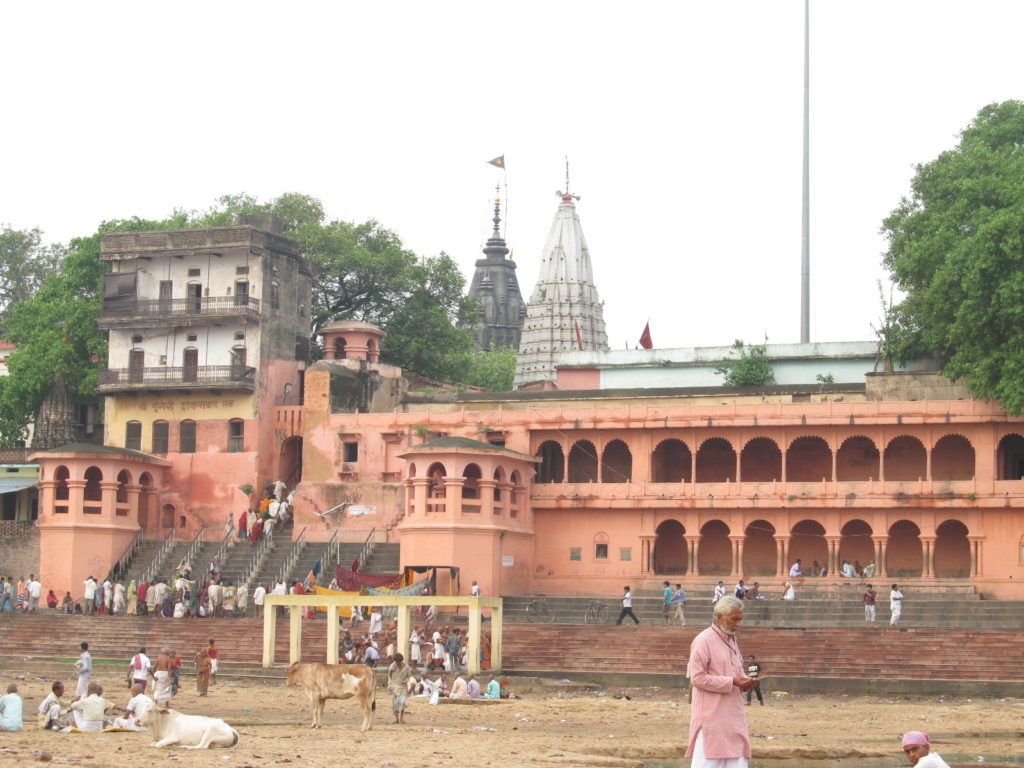
Vishnupad temple Gaya is many a century old and is known for its legendary history. It sits in the holy city of Bodhgaya, where Buddha was enlightened. The temple has a block of basalt with the footprint of Lord Vishnu on it. It is also known as ‘Dharamsila’ or the religious stone.
Over the years, several foreigners also come here for Pind Daan and last rites of their loved ones. Pind Daan is a ritual in which
History of Bodh Gaya Vishnupad Mandir
Not much is known about the date of construction of Vishnupad Mandir Gaya Bihar. However, legend says that Lord Ram and Sita visited this place. Devi Ahilya Bai Holkar, the great queen of Malwa, Indore rebuilt Vishnupad Mandir Gaya in 1787. She also contributed greatly to the pilgrimage route from the Himalayas to the South of India and also from Kashi and Gaya to Rameshwaram. This temple is located to the south west of Brahmajuni Hill. Devotees have to climb 1000 steps to reach the top of the Brahmajuni Hill. Vishnupad Mandir Gaya is 1km away from this hill. Whenever you visit the temple, you will see devotees thronging at the temple, especially foreigners.
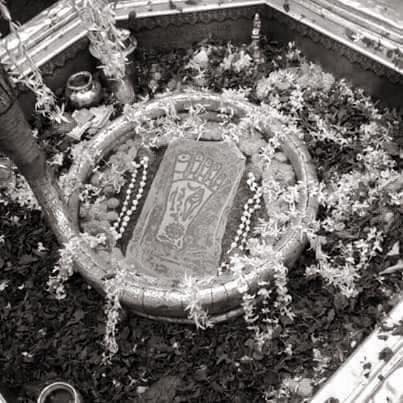
Mythology
The legend of the Vishnupad Mandir Gaya talks about the existence of a demon known as Gayasura. He deeply meditated and worshipped Lord Vishnu. Pleased with his dedication, Lord Vishnu blessed him with a boon that whoever sees him would be free from the cycle of birth and death, called Moksha. While people can attain Moksha only after a lot of meditation and good deeds, those who saw Gayasura attained it easily. This led to immoral people getting salvation or Moksha thus able to go to heaven. To prevent this Lord Vishnu pushed Gayasura beneath the earth and put his right foot on the asura’s head so that no one could see him anymore. The footprint remains on the surface, visible even today at the temple.
The footprint of Lord Vishnu consists of Shankam, Chakram, and Gadham, which are the weapons of Lord Vishnu. Gayasura started asking for food from beneath the earth. Therefore, Lord Vishnu gave him a boon that from then on he will be fed every day. The soul of the person who feeds him would go to heaven after death. The day Gayasura doesn’t get food, he might come out of the earth. Hence, the tradition of feeding departed souls came into practice. This, as believed, is done for the well-being of the souls in heaven.
The Architecture of The Vishnupad Mandir Gaya
Iron clamps hold together the whole temple built of huge grey colored granite blocks. The dome is in the shape of a pyramid and rises to a towering 100 feet. The tower slopes down with alternative indented and plain sections. The tower resembles the peak of a mountain. The temple is in an octagonal shape facing east. Lord Shiva is the main deity of the eastern side of the temple.
Inside the temple’s sanctum sanctorum is the black basalt with the footprint of Lord Vishnu. It is 40 cm in length and is surrounded by a silver-plated basin.
The Golden Kalash and The Flag
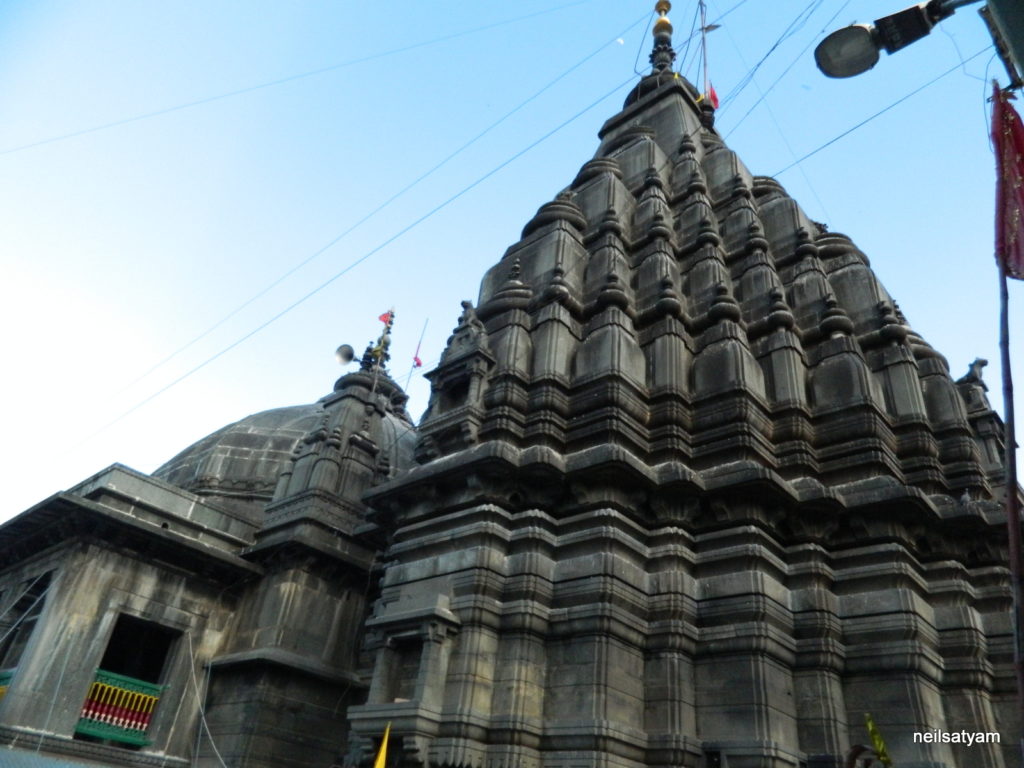
In India, there is a Kalash placed at the top of every temple. The Kalash of Vishnupad Mandir Gaya is made of gold and is placed at the tip below a golden flag. There’s a story about the K
Also, a large banyan tree (Akshayabat) witnesses most of the last rites performed by the families of the dead. A temple in the courtyard of the Vishnupad Mandir Gaya is dedicated to Lord Narshimha.
Vishnupad Temple Gaya Timings
The temple opens at 9 a.m. After pooja and aarti, it closes at 12:30 p.m. Vishnupad temple in Gaya opens its door again in the evening at 5 p.m. and then closes finally at 8 p.m.
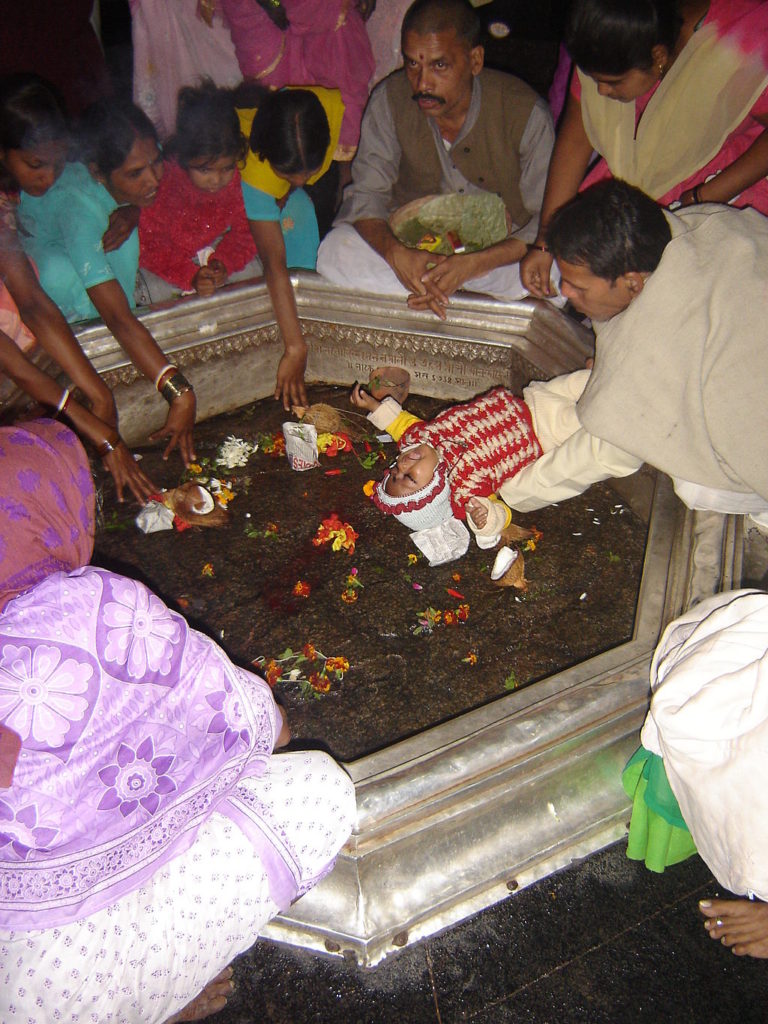
A special fair takes place on the premises of the temple in the month of Pitripaksha. Pitripaksha is a time when Hindus pay respects to their ancestors, especially with food offerings. Starting from amavasya (new moon), it continues for the
Places to Visit Near Vishnupad Mandir Gaya
Gaya is a holy place for Buddhism. It is under the Bodhi tree of Gaya that Buddha attained the knowledge of Buddhism. The Mahabodhi temple, the Chinese temple and monastery, Durga caves temple, and Barabara caves are some of the famous tourist places that can be visited.
Accommodation
Hotel Grand Palace and Hotel Manisha International are located at a distance of 2.6 km and 2.8 km respectively from Vishnupad Temple. Royal and Shree Vishnu Guest Houses are popular with tourists for their reasonable prices and good services.




